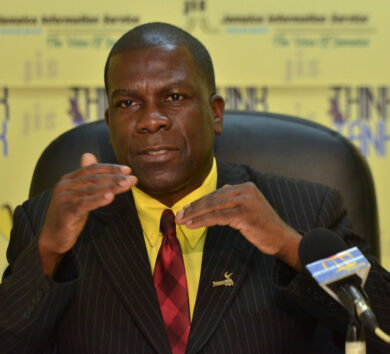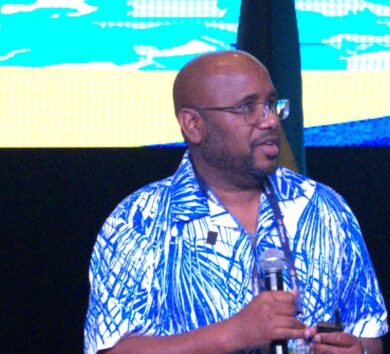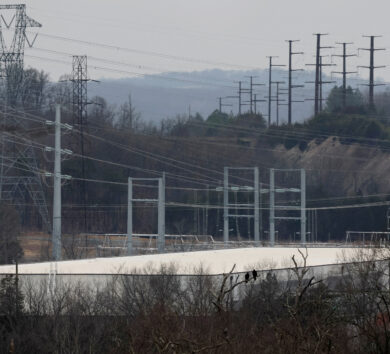

Internationally renowned sovereign credit rating agency, Moody’s, has downgraded The Bahamas’ sovereign bonds to Ba3 from Ba2 with a negative outlook on Friday (September 17).
The Bahamas is now at junk bond status with the local currency ceiling having been lowered to Baa2 from Baa1 and the foreign-currency ceiling lowered to Baa3 from Baa2 as well. Moody’s negative outlook is reflective of the ongoing risks to the country’s credit profile based on the pace of fiscal consolidation, which if tourism does not recover quickly enough, would result in higher borrowing requirements and exacerbate funding risks.
In coming to its assessment Moody’s points to the country’s severe economic contraction from the coronavirus pandemic shock for contributing to a significant increase in this nation’s debt and interest burdens, which are now significantly higher than Ba-rated peers.
According to the rating agency, “the combination of a rising debt burden and a decline in revenue contributed to a further worsening of debt affordability, with the interest-to-revenue ratio increasing to 23 per cent in FY2020/21 compared with 16 per cent in FY2019/20.”
Interest-to-revenue ratio to peak this fiscal year
Moody’s expects the interest-to-revenue ratio to peak in FY2021/22, but to remain above 20 per cent over the subsequent three years, and significantly higher than rated peers.
“Despite the government’s recent debt increases, its debt has a favourable structure thanks to a captive domestic investor base and a long maturity profile, particularly for its external market debt,” Moody’s explains in its assessment report.
Moody’s is forecasting that The Bahamas’ debt burden already higher than Ba-rated peers prior to the pandemic will remain close to 80 per cent of Gross Domestic Product (GDP) by the end of FY2022/23 (fiscal year ending June 30, 2023), well-above the Ba3-rated median 60 per cent. The agency reports that the country’s narrow revenue base means its debt measured by the debt-to-revenue ratio, which stood at 509 per cent at the end of FY2020/21, will also remain significantly higher than the Ba-rated median of 266 per cent.
Moody’s contends that an upgrade is unlikely in the near future given the negative outlook, but pointed out that the implementation of fiscal and economic policies that support a fiscal consolidation process that places government debt on a more durable downward trajectory would likely result in a return to a stable outlook.
The agency says relying more on lower-cost domestic and external official sources of funding over more expensive external market issuance to improve debt affordability and possible return to a stable outlook.
Downgrade not surprising
Prime Minister Philip ‘Brave’ Davis, who was sworn in on Friday, after winning Thursday’s general election states that the downgrade was not a surprise to him. The demotion also was not shocking to analyst and Colina Financial Advisors Limited (CFAL) President, Anthony Ferguson, who is of the belief the action would have been made earlier had it not been for last week’s general election.
“I fully expected it, we forecasted it and I believe the only reason Moody’s didn’t say earlier is because they did not want to appear to be interfering in local politics,” Ferguson disclosed.
He argues that the Davis administration must be creative in how it accomplishes critical budget spending, but tough choices can’t be avoided.

According to him, “I think the first thing you have to do is really identify and assess where you are as a country from a financial perspective. We know that we borrowed net, over $4 billion in the past four years. Our debt-to-GDP is over 100 per cent. We’ve had a muted growth and that is going to continue for at least another 12 to 18 months.”
Furthermore “I think we need to make some tough decisions, but I think, more importantly, we have to assess where we are as a country, and focus on the major priorities of the government. What are the major capital works? This is where creativity and ingenuity in terms of if specific capital works will be addressed, and some tough decisions will be made. While doing that and focusing on new opportunities, I think we have to address current opportunities, and I think the current opportunities are collecting where you are,” Ferguson added.







Comments